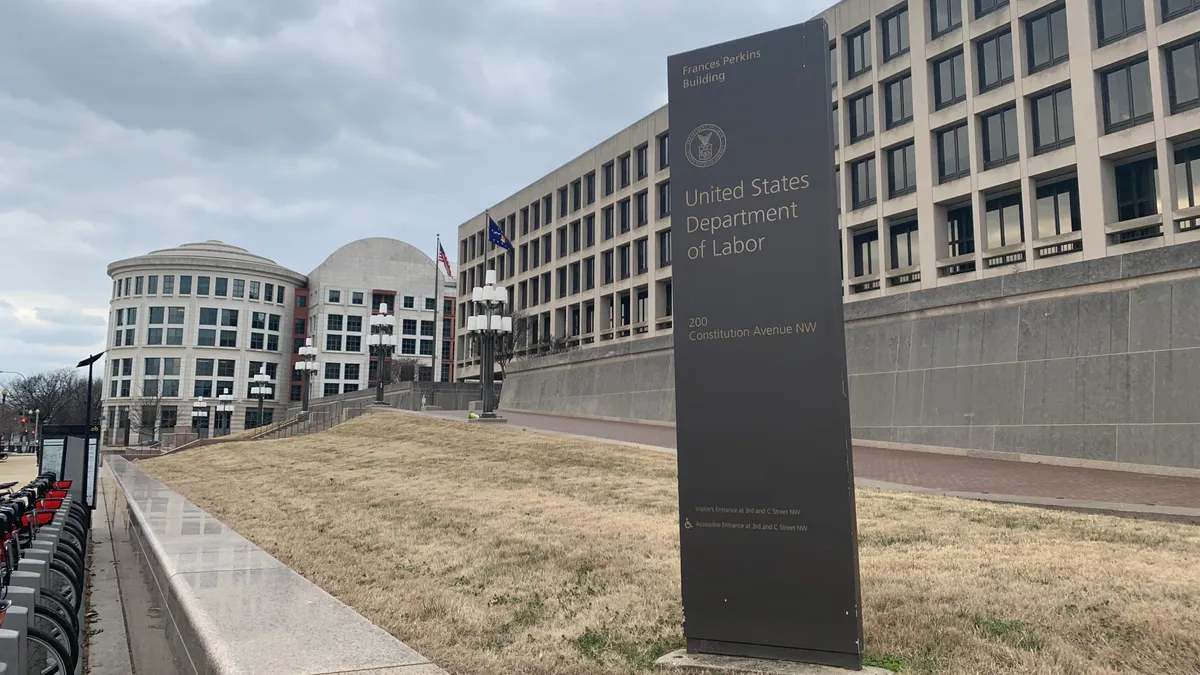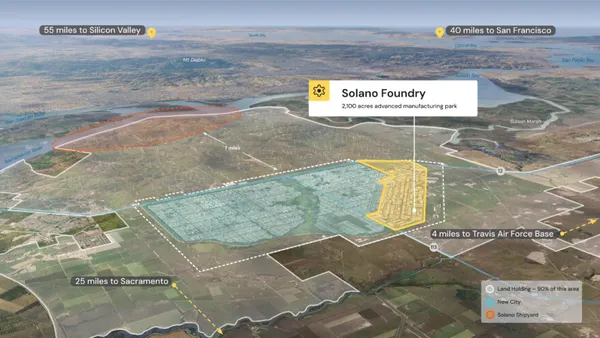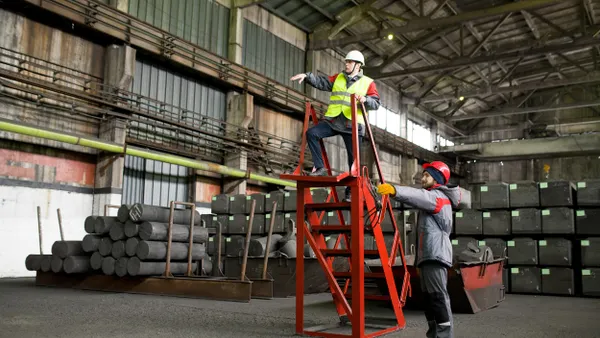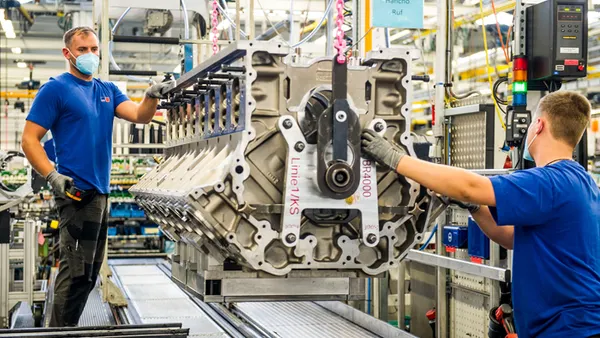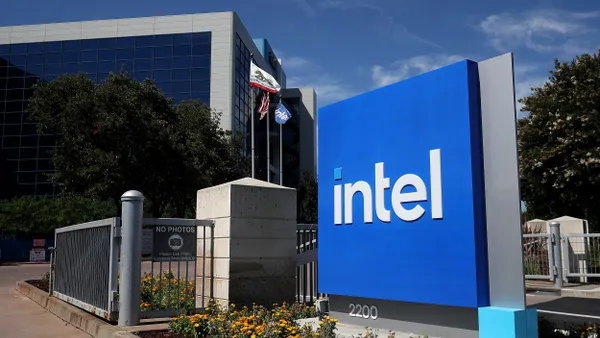Dive Brief:
- The U.S. Department of Labor proposed a rule Dec. 14 that seeks to modernize the registered apprenticeship program. The rule intends to strengthen labor standards and worker protections as well as better promote apprenticeship pathways, among other things.
- The rule also includes a program called the “registered career and technical education apprenticeship” that is designed to make it “more seamless” for full-time high school and community college students to enroll in the apprenticeship system.
- “Equity and job quality have marked the most successful Registered Apprenticeship programs for workers and employers alike. This proposed rule codifies the Department of Labor’s strong commitment to these principles,” Acting Secretary of Labor Julie Su said in a statement. “The proposed changes will also provide strong worker protections [and] improved employer experiences.”
Dive Insight:
Apprenticeships have received much attention of late as a way to funnel badly needed talent into key industries.
The Biden administration has pointedly proposed investments in sectoral training and apprenticeship as part of its wider jobs platform; part of the fiscal year 2024 budget proposal from President Joe Biden included $335 million for the RA program to build pathways to in-need industries, such as construction, clean energy and semiconductor manufacturing.
The Senate has also proposed bills aimed at modernizing RAs, focusing on expanding the programs to similar industries as well as improving “wrap-around” services, such as childcare and eldercare.
But apprenticeships still remain outside the mainstream in the U.S. market, a Multiverse and Burning Glass Institute report said, despite the high potential that could be unlocked through investment in such programs. If the U.S. followed the U.K.’s “mature apprenticeship” system, over 830,000 new apprenticeship opportunities could launch each year, leading to $28.5 billion in wage increases, the report said.
Su said the proposed rule would provide greater clarity about the roles of federal and state governments and their partners in the National Apprenticeship System.



